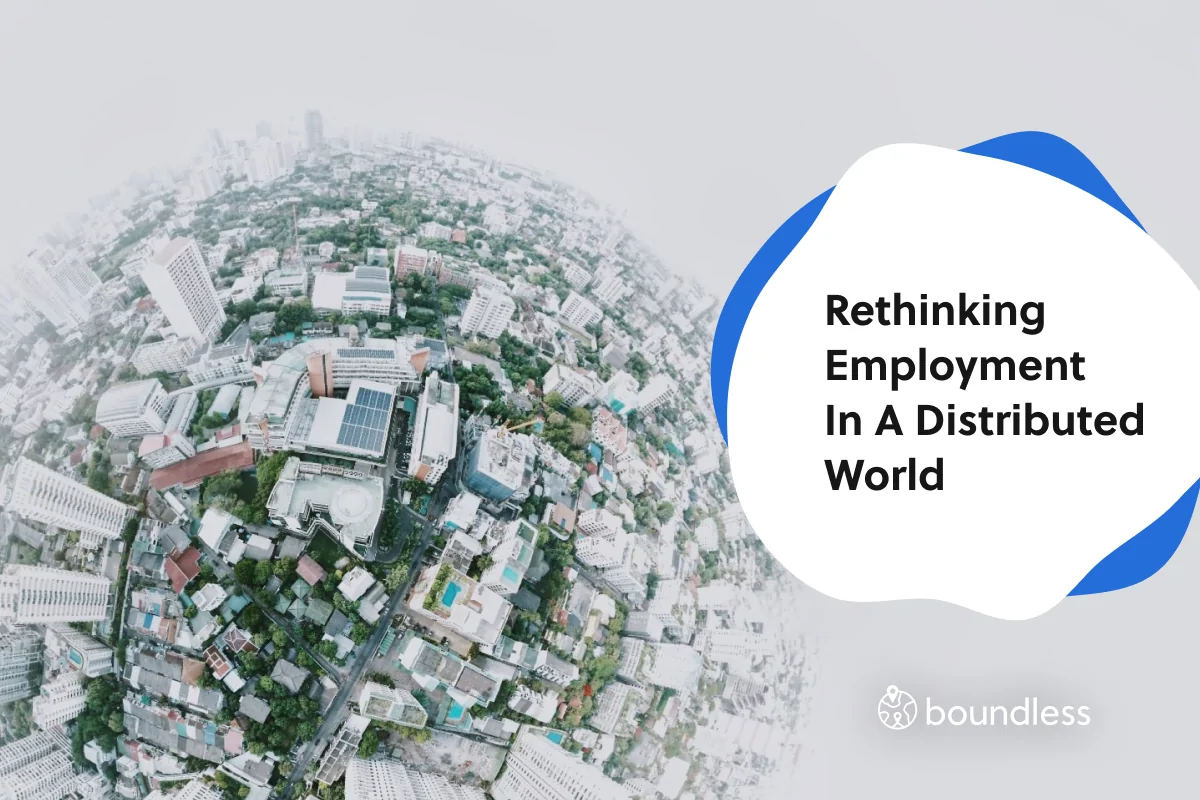What is Annual Leave?
Annual leave, also referred to as vacation leave, holiday leave, or paid time off (PTO), is paid time employees are entitled to take away from work for a specified number of days each year.
Each country will have their own regulations when it comes to PTO and it’s important to understand the country’s specifics well. For example, the European Union maintains certain regulations surrounding annual leave and stipulates that employers in all member countries must provide their workers a minimum of 20 days (4 work weeks) of leave annually, though many businesses offer more. That said, some EU countries have their own laws requiring businesses to offer more than 20 days, such as France, where 30 days of leave are required by law.
In other countries, instead of a set period of time, there may be a progressive rate that increases as an employee gathers work experience.
What can annual leave be used for?
Annual leave is different from other types of leave, such as sick leave, maternity or paternity leave, adoption leave, parents’ leave, carer’s leave, public holidays, or leave taken due to a work-related injury. These types of leave are protected by a different set of regulations and vary a bit from country to country.
Instead, ‘annual leave’ is meant to be used for some form of rest – such as vacations, personal activities, family events, and relaxation – giving workers an opportunity to balance their work and personal lives.
How do employees accrue and use annual leave?
Most countries have specific accrual regulations in place, such as when leave begins accruing after initial employment, at what rate it accrues each month, and how soon employers must grant new employees requests for leave. Each system varies from country to country and may be based on the length of a worker’s employment, the number of hours worked, or other criteria.
For example, in Bulgaria, workers begin accruing leave after 4 months of employment. Like all employees working in the EU, they’re entitled to 20 days of leave annually and have the choice to take all their leave at once or split it however they like over the course of the year.
In Germany, the number of leave days follows workers from company to company, meaning that if a worker has already used their allotment of 20 days of annual leave while working for a former employer, they are not entitled to more days off with their new employer until the start of the new year. Moreover, employers can refuse employees’ requests for time off if they have worked for the company for less than 6 months.
In Denmark, employees earn 2.08 days of annual leave every month they are employed and may take up to 3 consecutive weeks of leave between May 1st and September 30th, though all Danish workers are guaranteed up to 5 weeks of vacation each year.
For more information on annual leave in a specific country, check out our country guides.
Are workers paid during annual leave?
During annual leave, employees continue to receive their regular salary or wage, as it is considered a paid benefit. Some companies may have a specific annual leave rate (e.g., one day's pay for each day of leave), while others might use an average rate based on a certain amount of time leading up to the dates of leave.
For example, if a worker in Ireland’s pay varies, their leave pay is calculated based on their average earnings for the 13 weeks leading up to their dates of leave. In addition, leave pay must be paid in advance.
When does annual leave ‘reset’?
Each country has its own regulations about the ‘reset’ date of annual leave.
In many cases, the dates follow the traditional Gregorian calendar, beginning on January 1st and ending on December 31st. However, some countries follow different timelines, such as Sweden (April 1st through March 31st the following year).
What happens if employees don’t use all their annual leave?
Many countries allow employers to choose whether or not unused leave days can ‘roll over’ into the next holiday year, and there are few laws requiring unused leave to be carried over. Additionally, each employer can set their own rules, such as ‘no more than 7 days of leave may roll over’. In Germany, for example, the law allows employees to roll as many as 5 days into the next holiday year, but those days must be used within the first 3 months of the new year.
In some cases, employees who do not use their allotted leave in the course of the year must be compensated for the days not taken.
What if workers become ill while they’re taking their annual leave?
Some countries require employers to grant workers permission to adjust the category of their leave should they fall ill while on holiday.
Sweden, for example, gives employees the ability to report their illness to their employer and switch the classification of their time away from work from annual leave to sick leave instead. This usually requires a doctor’s note to verify the illness. Workers can take their then-unused annual leave at another time.
Managing annual leave with Boundless
Employing a global team means keeping tabs on a wide array of employment regulations, including how to award and manage annual leave for your workers. As part of our global employment solution, Boundless can help you understand local annual leave regulations and ensure your workers are paid accurately during their leave.
Speak with one of our experts to learn more.


